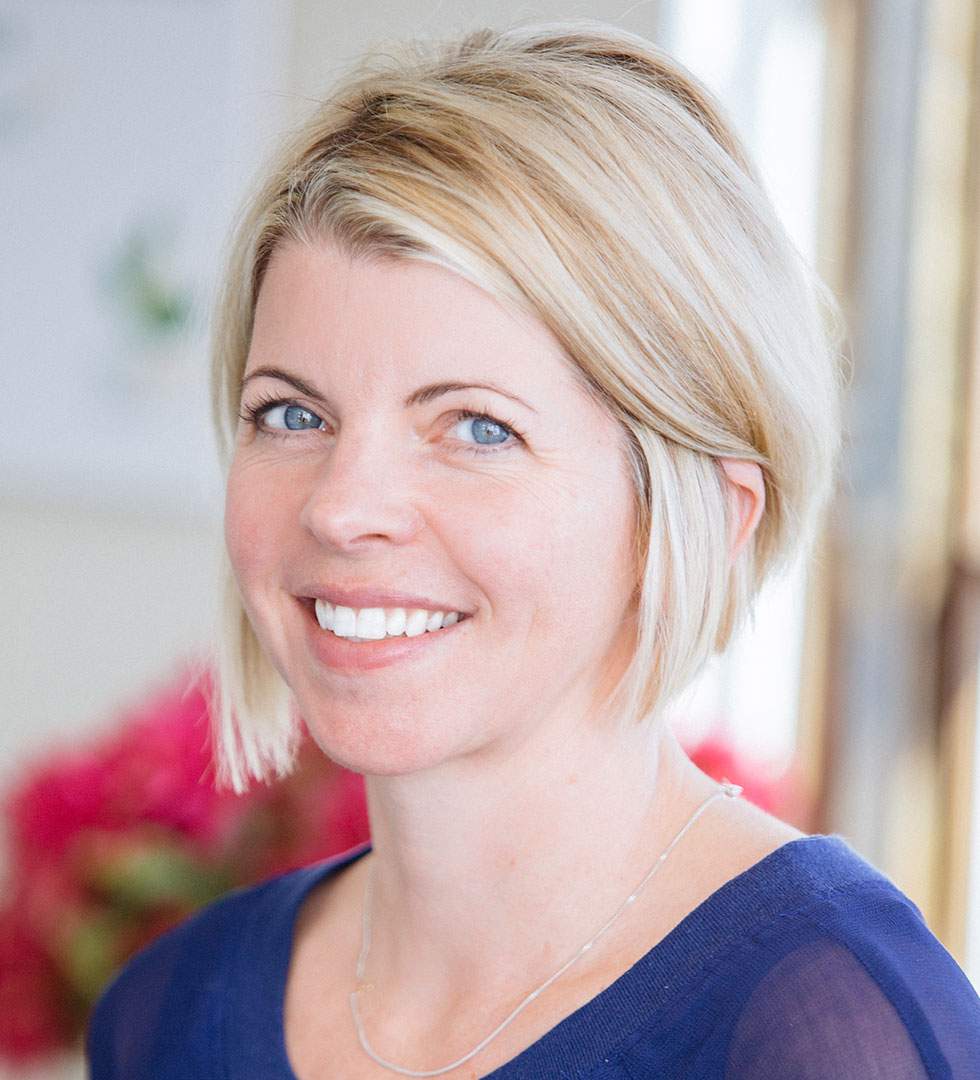Molly Rowe owns FirstLight Home Care of Salem, MA with her husband, Steve, and lives in Swampscott with their two sons.
About a year ago last summer, my husband, his siblings, and I sat around our kitchen table having the conversation we’d long avoided—how to care for Dad. Like most people who end up sitting at this table, we had a lot of questions and not a lot of answers. We Googled things like home care and visiting nurses, debated how to take his driver’s license away, and fretted about how we’d bring it up to him. Little did we know, our conversation that night was futile, because Dad had already passed away—alone in his home, as we feared he might.
Dad (or Dad-in-law to me) lived alone in Florida, not far from his daughter. As anyone who’s watched a parent age knows, “not far” becomes “too far” when the wheels start coming off. The ambulance had visited his house one too many times, we had a feeling his diet consisted mostly of frozen meatballs and grocery store pastries, and we were uneasy about the plethora of medications we saw floating around his bedroom.
When you’re the adult child of an aging parent, it’s very easy to rationalize the situation and make it better: He still sent Christmas and birthday cards. He paid all his bills on time. His house was organized. In so many ways, Dad was the same person he’d always been, so we avoided having those tough conversations—and ultimately, we’ll always regret that.
A big part of the problem was that, even though he was in Florida—the senior capital of the world—we didn’t know where to start. There were almost too many resources to choose from. Home care providers, independent senior communities, assisted living, visiting nurses, Meals on Wheels, adult daycare … We didn’t know what to choose or why.
Now that we’ve started a business hoping to make better the very issue we faced two years ago, we’ve learned so much more about what’s out there. And we’ve learned the importance of conversations.
If we had it to do over, we would talk with everyone—physicians, nurses, elder care lawyers, senior resource centers, home care providers. A conversation doesn’t mean commitment, and asking for advice doesn’t mean you have to take it, but if you don’t ask questions, you’ll never get the answers you need.
We are lucky to live in an area with a wealth of resources—once you start asking, you’ll be amazed what’s available. If you’re the primary caregiver for your parent, there are people—great people—who can help care for your dad just to give you a break once in a while. There are people who will take him to Red Sox games or get your mom to church on Sunday. There are people who will pop in and help your mom get ready in the morning, feed her breakfast, then come back at night to tuck her in. There are rides and meals and caregivers … All you have to do is ask.
The biggest conversation we wish we’d had would have been with our dad. Like most of us would, he clung fiercely to his independence. But now we know that if we’d had that conversation—convinced him to take advantage of the many resources available to him—he would have lived a happier end of life with services that ultimately helped him preserve his independence by keeping him home and healthy.
This article was originally posted in the Swampscott Reporter. FirstLight Home Care of Salem, MA provides non-medical in-home care to adults in Swampscott, Marblehead, Lynn, Salem, Peabody, Danvers, Beverly, and Lynnfield. For more information on the senior care resources in your area and tips for initiating those tough conversations, please visit FirstLight’s website at www.firstlighthomecare.com or contact us at 866-985-4031/info@firstlighthomecare.com.
